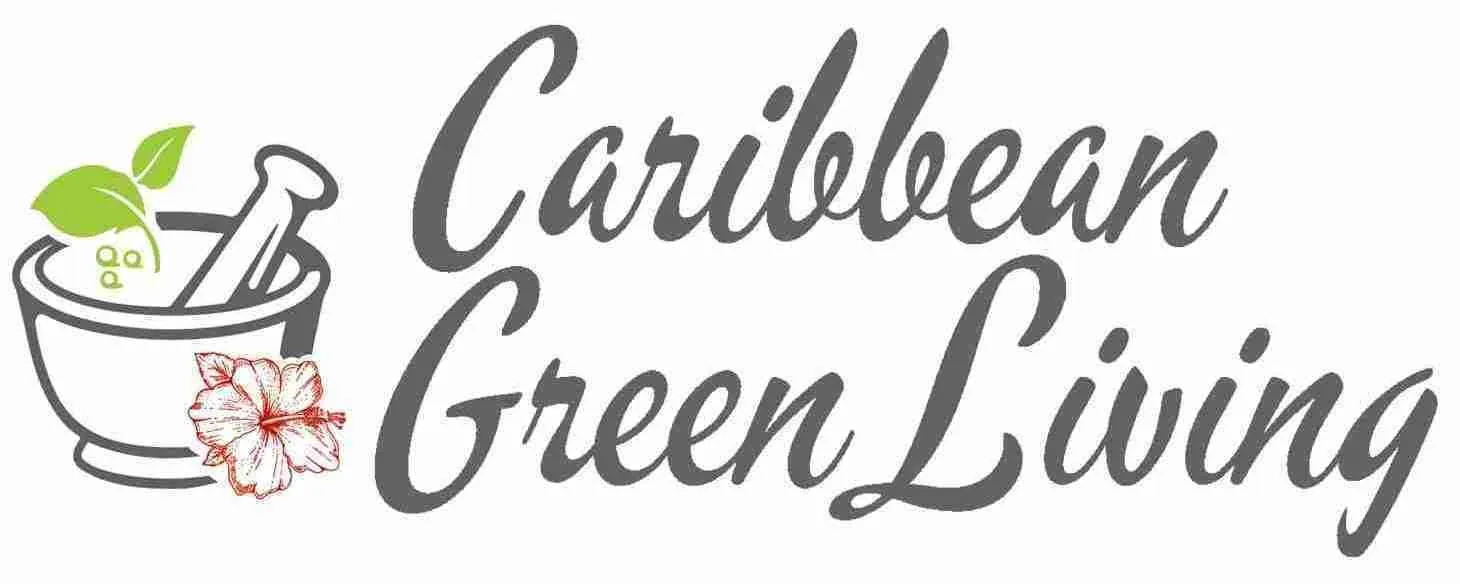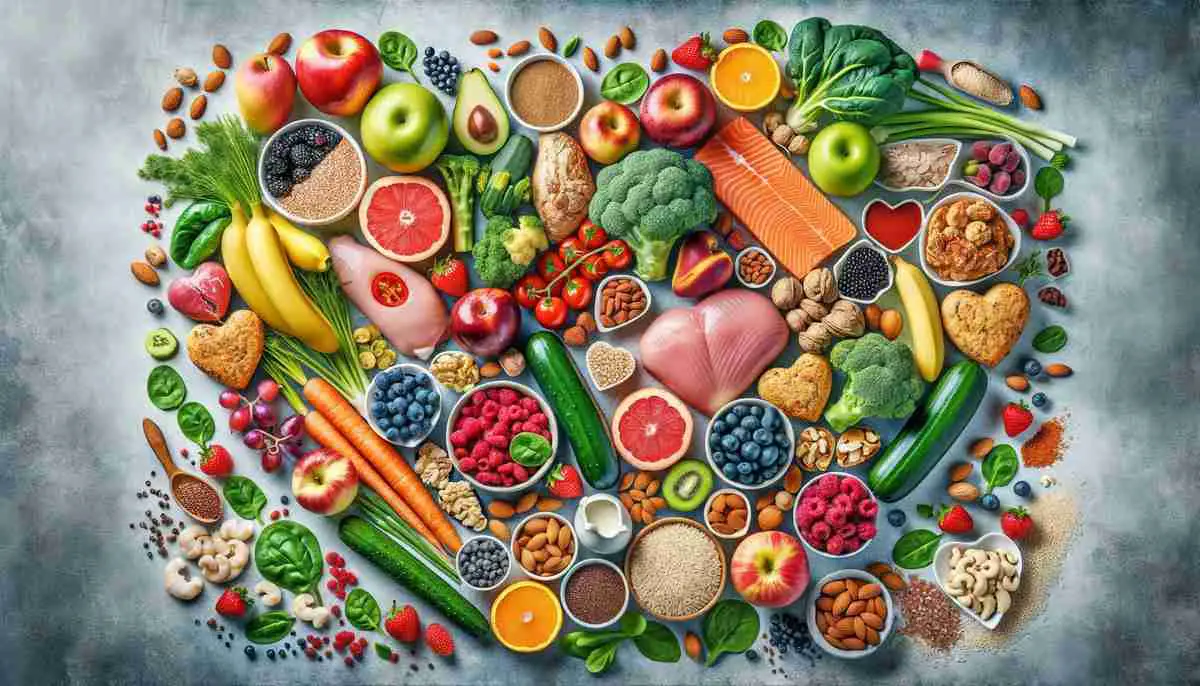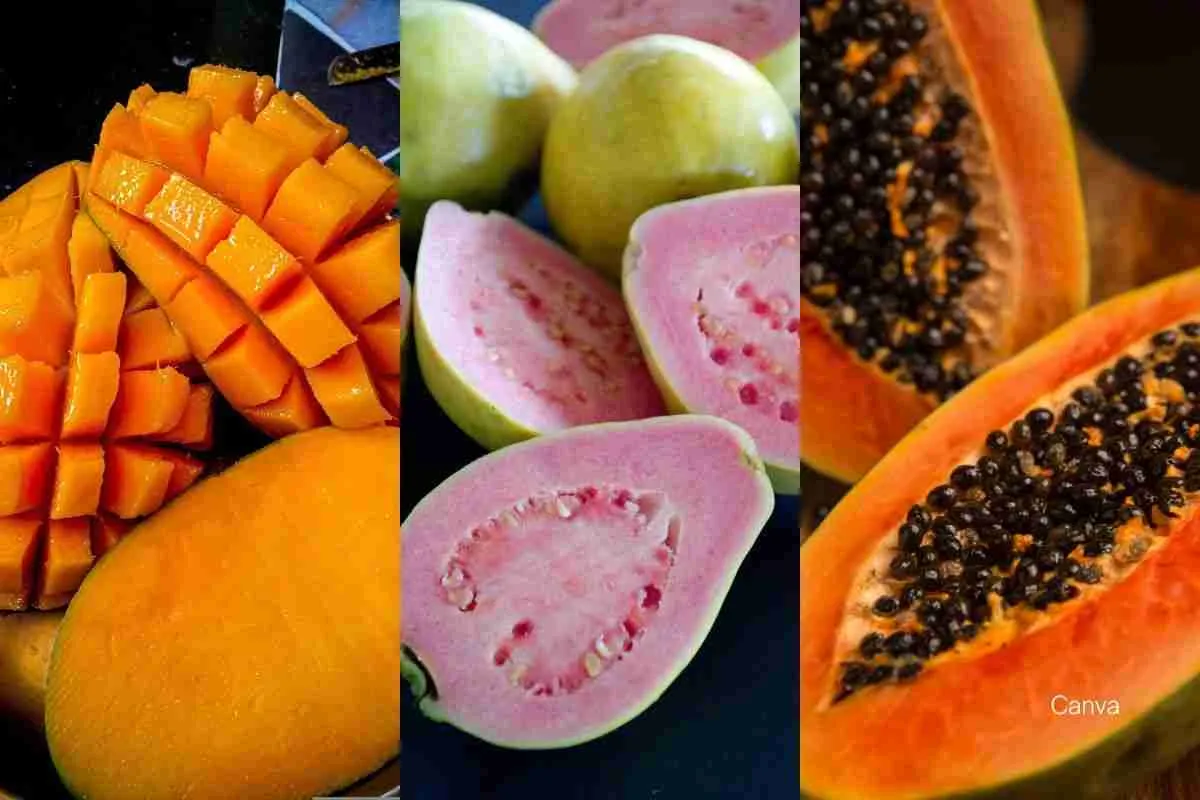10 Affordable Superfoods That Won’t Break the Bank
Eating healthy doesn’t have to feel like a foreign concept—or an expensive one. We’re often told to load up on pricey items like quinoa, acai, and kale, but let’s be real: those aren’t always practical for the Caribbean kitchen or budget. The good news? Plenty of affordable superfoods are already growing in your backyard or stocked in your local market. They’re flavorful, nutrient-rich, and full of that Caribbean goodness.
Let’s dive into 10 simple swaps to boost your nutrition and stay on budget—with some island love.

What Are Superfoods and Why Should You Care?
Superfoods are just foods that go above and beyond in the nutrition department. Think of them as your diet’s MVPs—packed with vitamins, minerals, antioxidants, and good-for-you compounds that can help fight inflammation, improve digestion, and support your immune system.
But don’t let the marketing fool you: “superfood” doesn’t have to mean expensive or exotic. Sometimes, the best ingredients are the ones Grandma already uses.
10 Affordable Caribbean Superfood Swaps
Here’s how to eat like a wellness guru—on a budget with Caribbean Superfoods.
1. Callaloo instead of Kale
Kale’s cool, but callaloo (amaranth or taro leaves, depending on the island) brings just as much fiber, iron, and flavor. Sauté it with garlic, onions, and a splash of lime and you’ve got a superfood side dish in minutes.
2. Breadfruit instead of Quinoa
Quinoa is high in fiber and complex carbs—but so is breadfruit, and it comes with island flavor built-in. Roast it, fry it, mash it—it’s versatile, filling, and budget-friendly.
3. Green Banana instead of Sweet Potato or Avocado
Loaded with resistant starch and great for gut health, green bananas (figs) make an awesome low-cost, fiber-rich base for salads and stews.
4. Sardines or Smoked Herring instead of Salmon
Salmon is a favorite in the wellness world, but let’s talk about sardines and smoked herring—rich in omega-3s, protein, and flavor. Plus, they’re shelf-stable and easy to prep.
5. Pigeon Peas instead of Chickpeas
Chickpeas get all the love, but pigeon peas (gungo peas) are loaded with plant-based protein and fiber. Add them to rice, stews, or salads for a nutrition boost.
6. Pumpkin instead of Butternut Squash
Caribbean pumpkin (kalabasa or joumou) is rich in beta-carotene and vitamin C. Use it in soups, mash it with seasonings, or blend it into porridges.
7. Papaya instead of Berries
Berries are antioxidant-rich, but they’re also pricey and often imported. Papaya (pawpaw) is packed with vitamin C, enzymes for digestion, and is way more affordable when in season.
8. Coconut Water instead of Store-Bought Electrolyte Drinks
Why pay for sports drinks full of sugar when you’ve got coconut water? Naturally hydrating, rich in potassium, and perfect after a hot day—or a good sweat.
9. Lentils instead of Chia Seeds
Chia’s trendy, but lentils give you protein, iron, and fiber for a fraction of the cost. Plus, they’re easier to cook and perfect for soups, stews, and rice dishes.
10. Scotch Bonnet Peppers instead of Exotic Super Spices
Spices like turmeric and matcha are great—but don’t overlook Scotch bonnet for its metabolism-boosting capsaicin. Add heat and health with just a small piece.



How to Add These Affordable Superfoods to Everyday Meals
- Make a hearty lentil and pumpkin soup with garlic, herbs, and a kick of Scotch bonnet.
- Roast breadfruit wedges and serve with a sardine escabeche or callaloo sauté.
- Add pigeon peas to brown rice and pair with curry chicken or tofu.
- Blend up a tropical smoothie with papaya, banana, coconut water, and a handful of spinach or callaloo.
Can Affordable Superfoods Be Replaced with Supplements?
It’s a common question—and a good one: Can we swap affordable superfoods for supplements and get the same benefits? The short answer: not entirely.
Supplements are concentrated sources of individual nutrients like vitamins, minerals, or omega-3s. They’re helpful in cases of deficiency or for specific health concerns, but they don’t replicate the complex matrix of nutrients found in whole foods. Superfoods—like lentils, sweet potatoes, and spinach—offer not just isolated vitamins, but a synergistic blend of fiber, phytonutrients, enzymes, and antioxidants that work together in ways we’re still discovering.
Research published in The American Journal of Clinical Nutrition and by the Harvard T.H. Chan School of Public Health consistently emphasizes that nutrients from food are more effectively absorbed and utilized by the body than those from synthetic supplements. For example, iron from lentils is paired with vitamin C in many plant foods, helping improve its bioavailability—a natural combo that a pill can’t always mimic.
Also, whole foods provide dietary fiber, which supports gut health, helps manage blood sugar, and promotes satiety—none of which you get from a multivitamin.
So while a supplement can help fill gaps, especially if advised by a healthcare provider, it’s no substitute for a diet built on real, nutrient-dense foods. Affordable superfoods give you more than just nutrients—they offer flavor, texture, satisfaction, and long-term health benefits that no supplement alone can deliver.
Smart Shopping Tips for Caribbean Superfoods
- Buy local and seasonal—papaya, pumpkin, green banana, and callaloo are often cheapest when they’re in season.
- Check your markets and street vendors before the supermarket—they often have better deals on produce.
- Buy in bulk when it comes to dry goods like lentils, pigeon peas, and dried fish.
- Use what’s already in your kitchen—don’t underestimate the power of traditional staples.
Final Thoughts: Healthy Living, Island Style with Budget-Friendly Superfood Swaps
Healthy eating shouldn’t be complicated—or expensive. These affordable superfoods prove that you can nourish your body using familiar Caribbean ingredients that have been doing the job for generations. With a little creativity and planning, you can boost your meals, support your health, and still have money left over for a fresh coconut on the beach.






